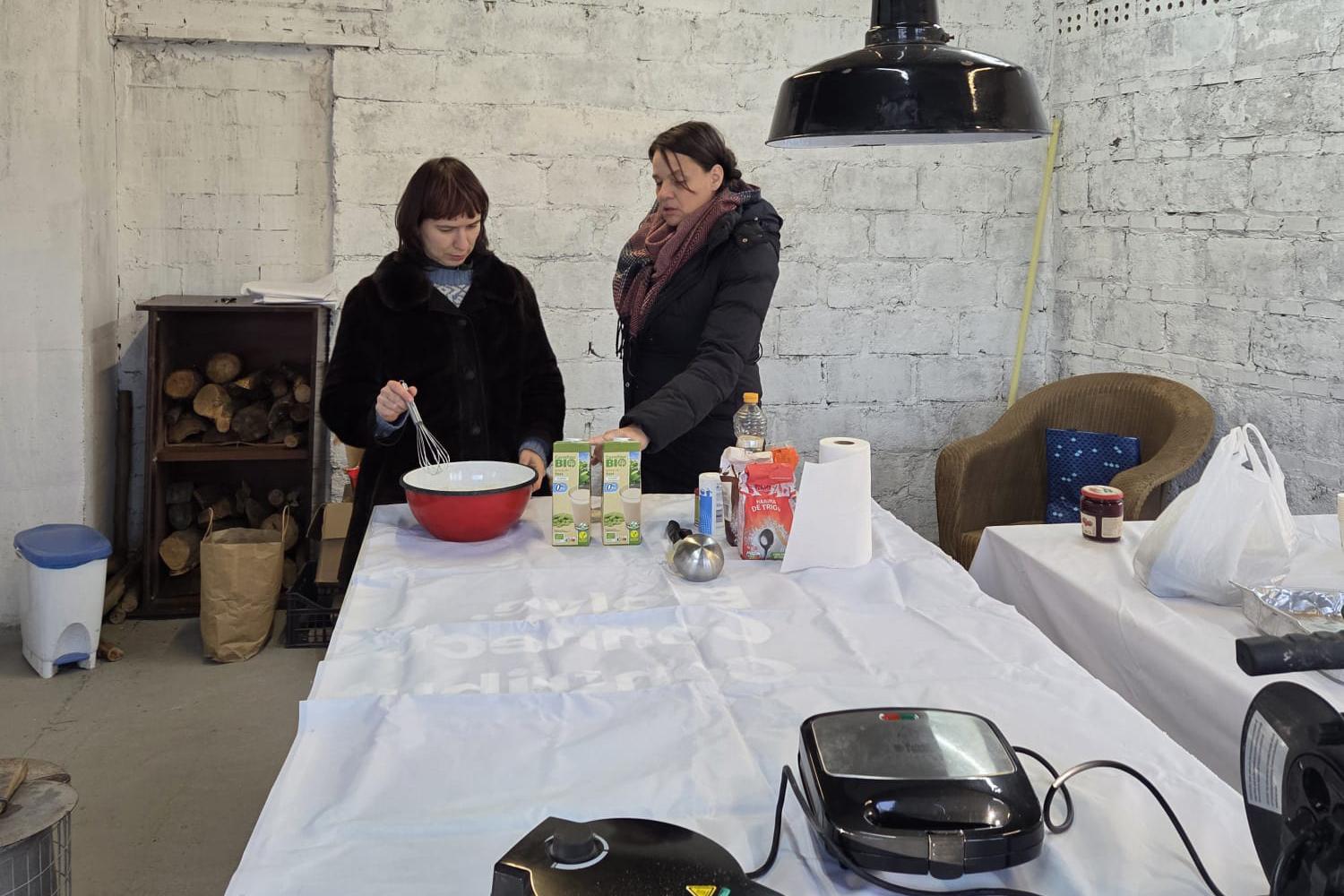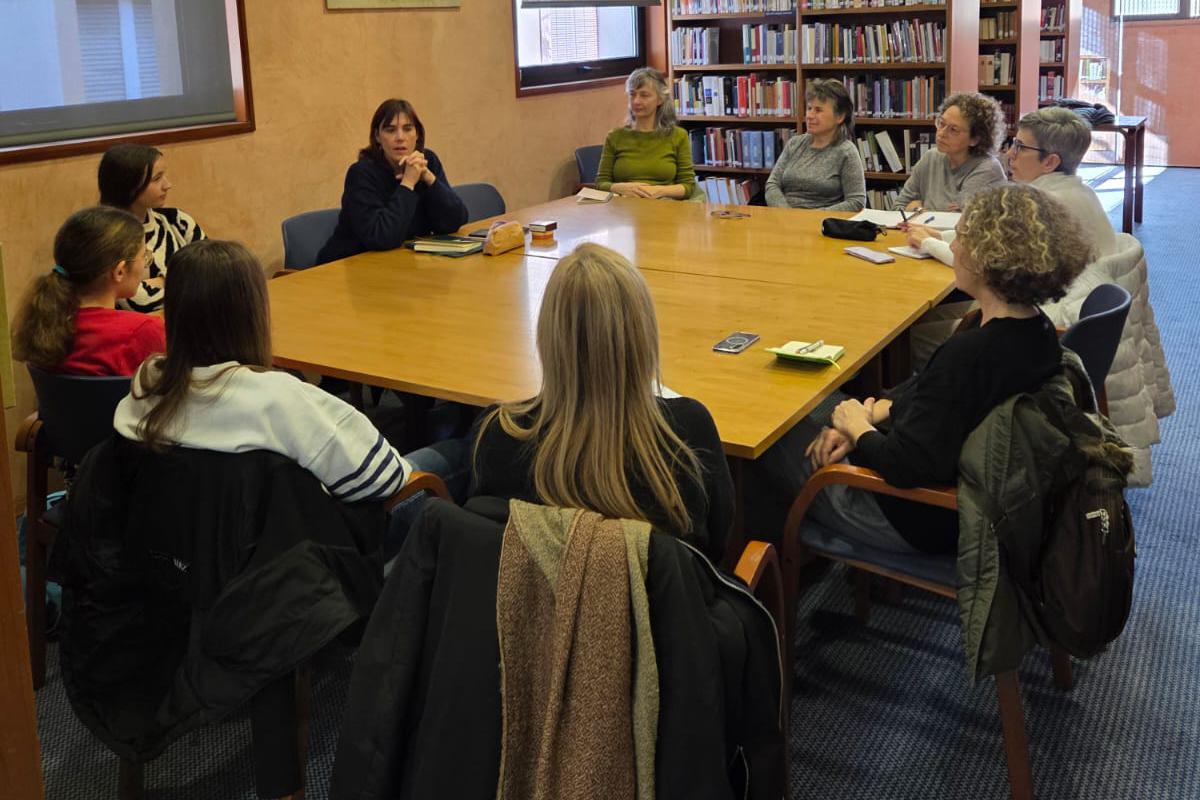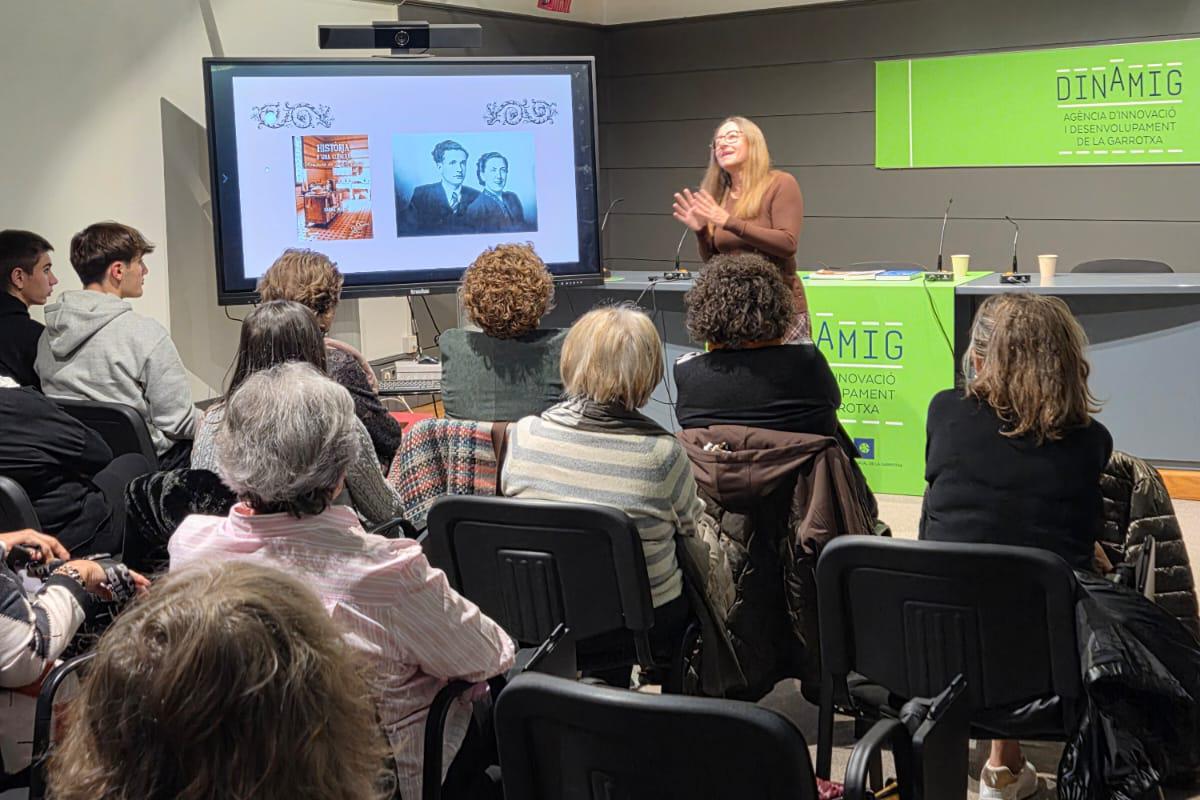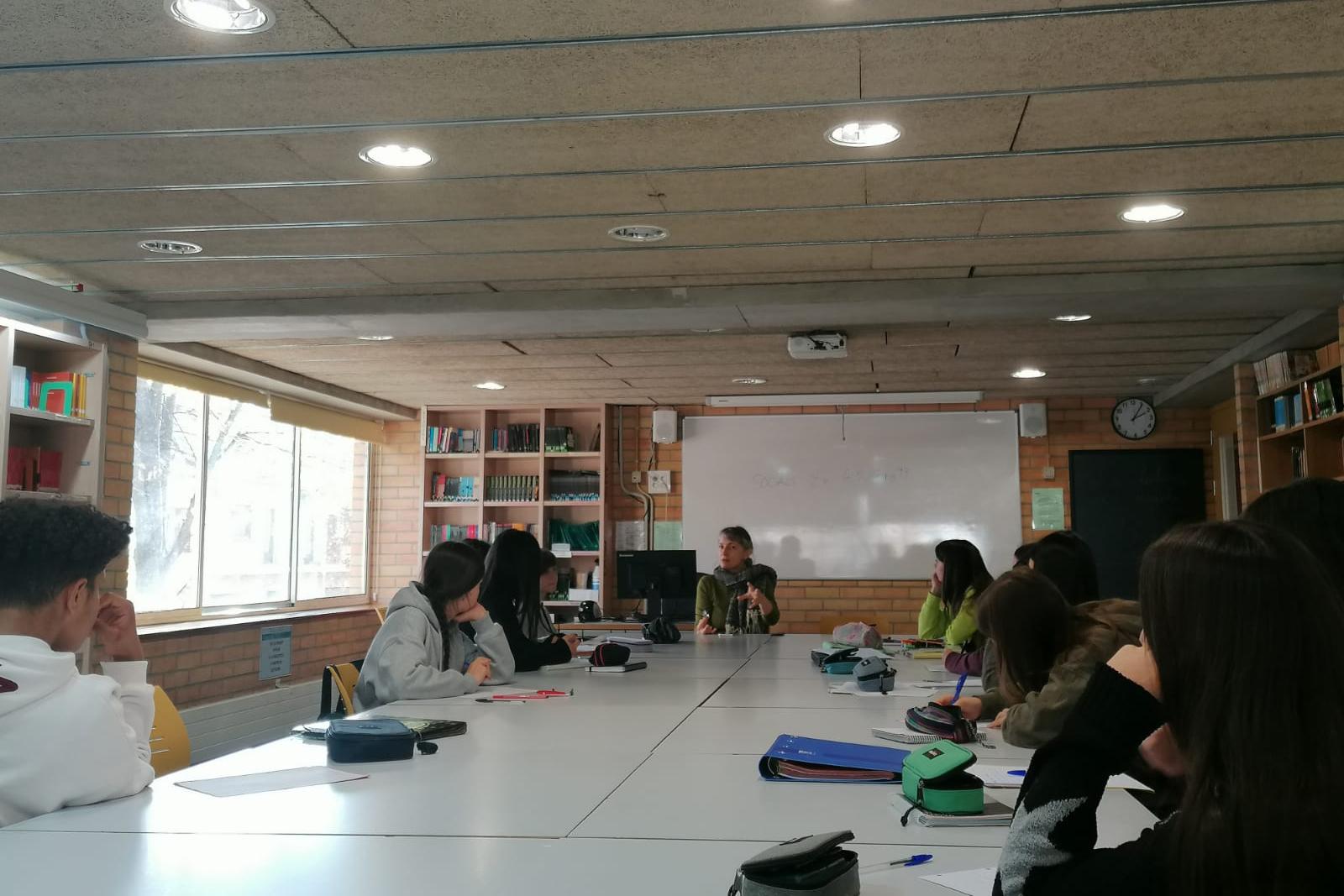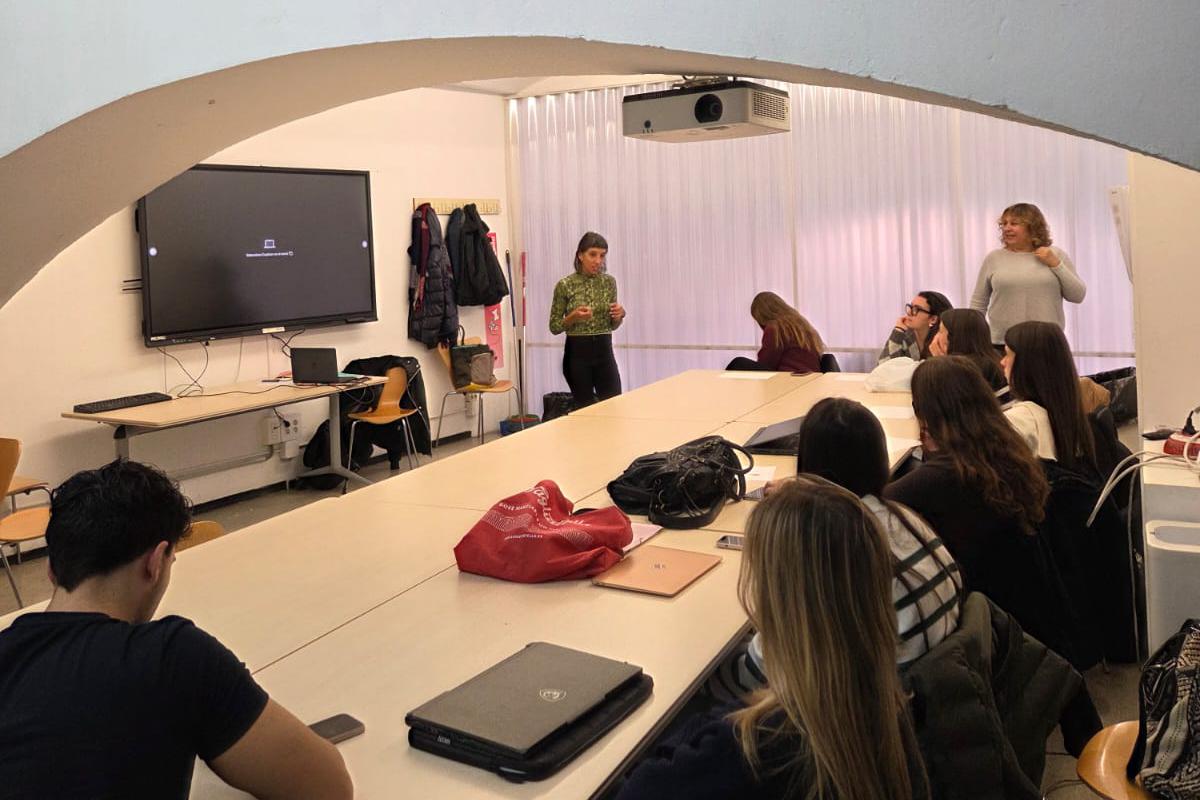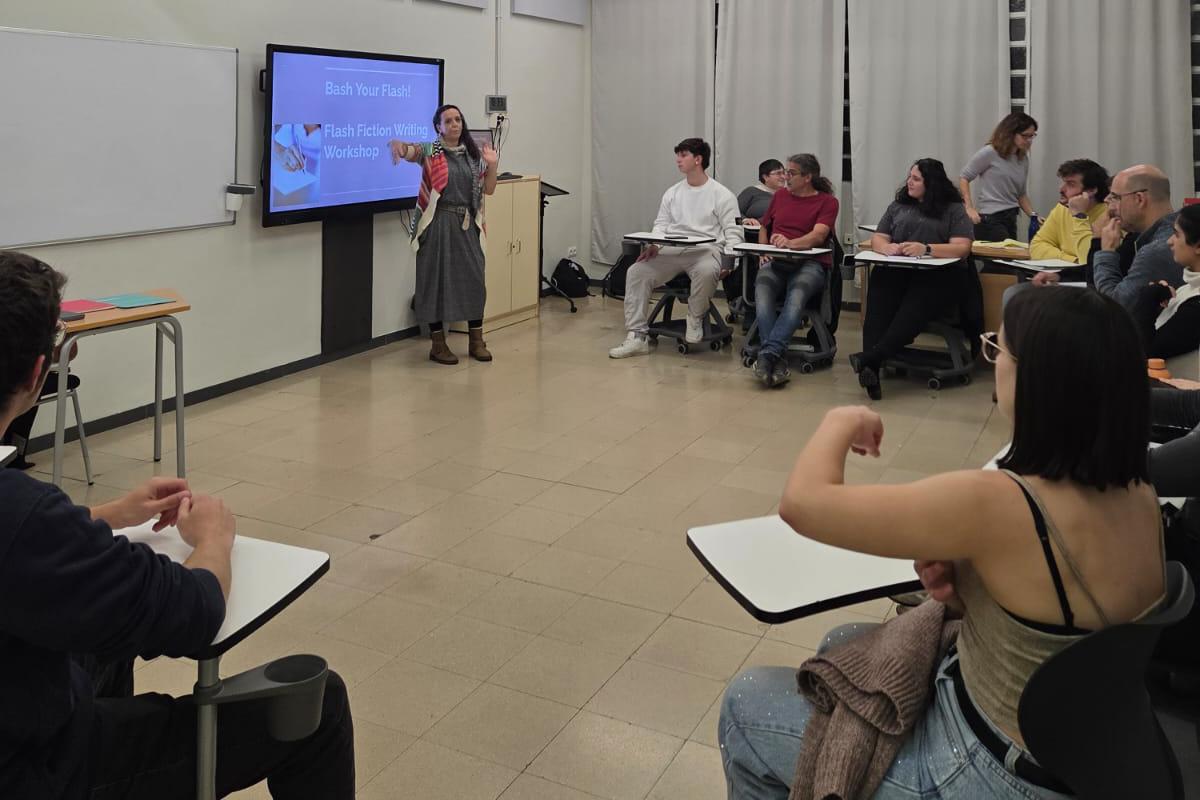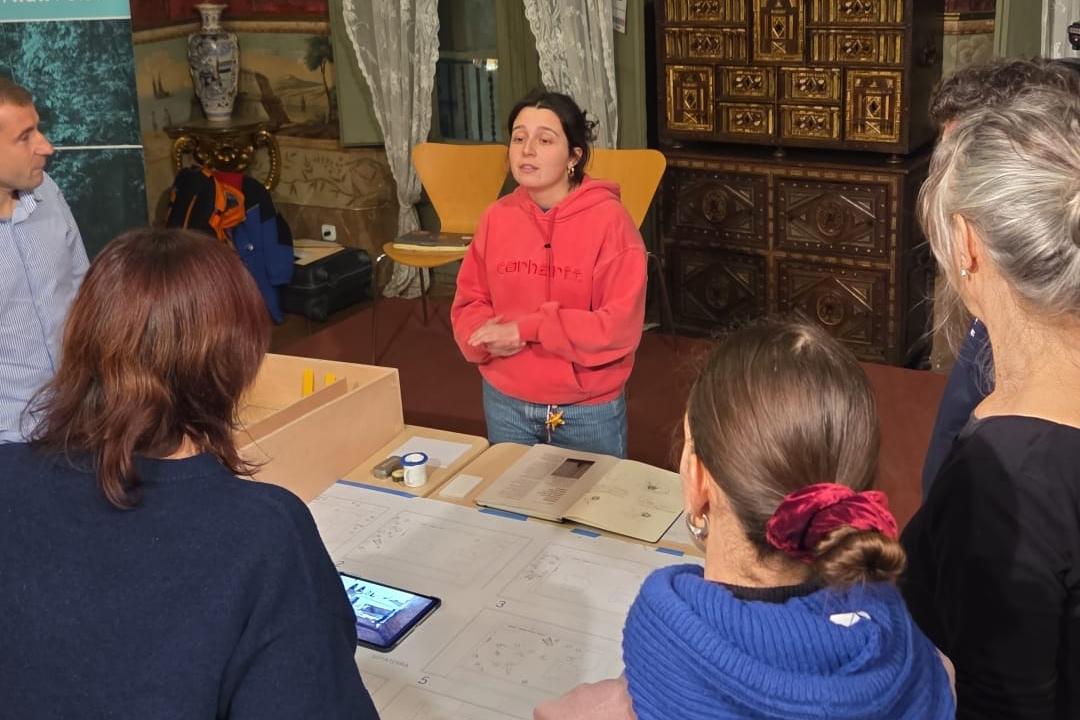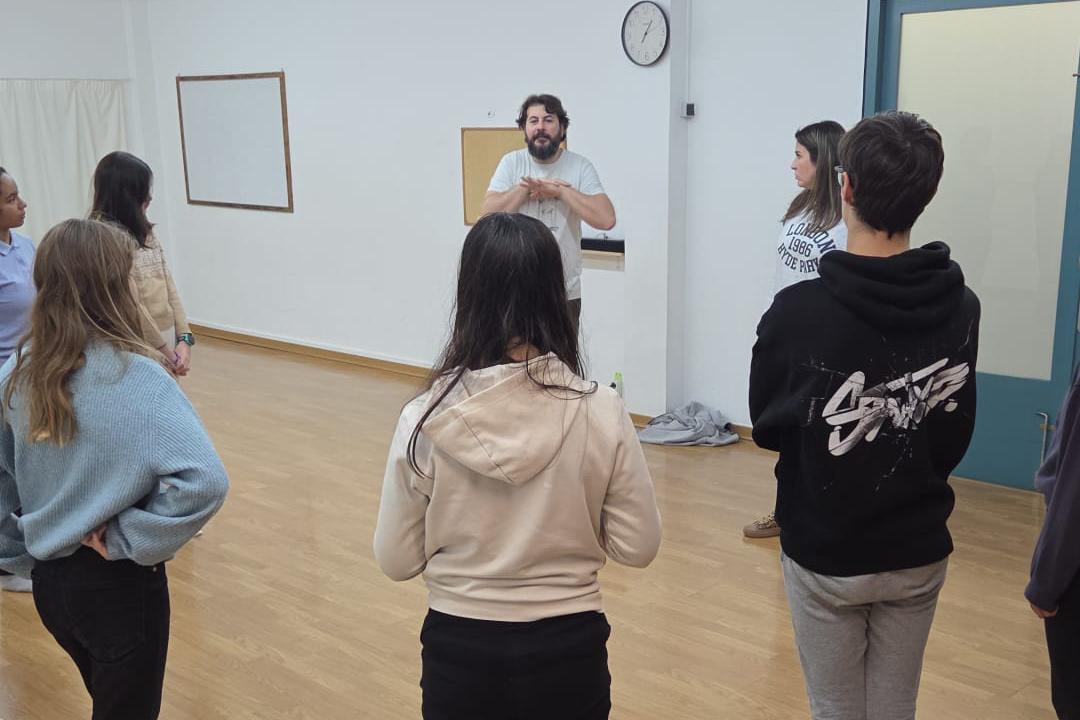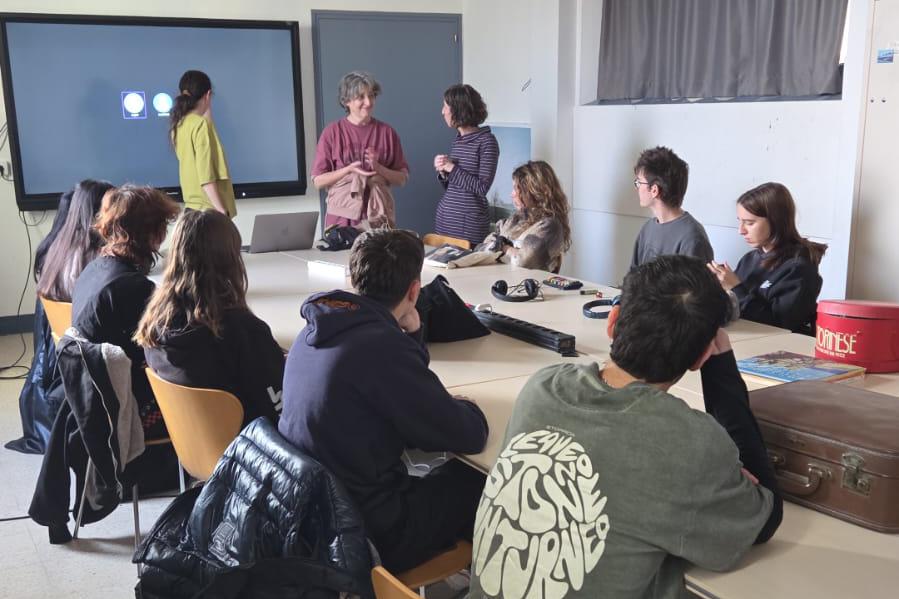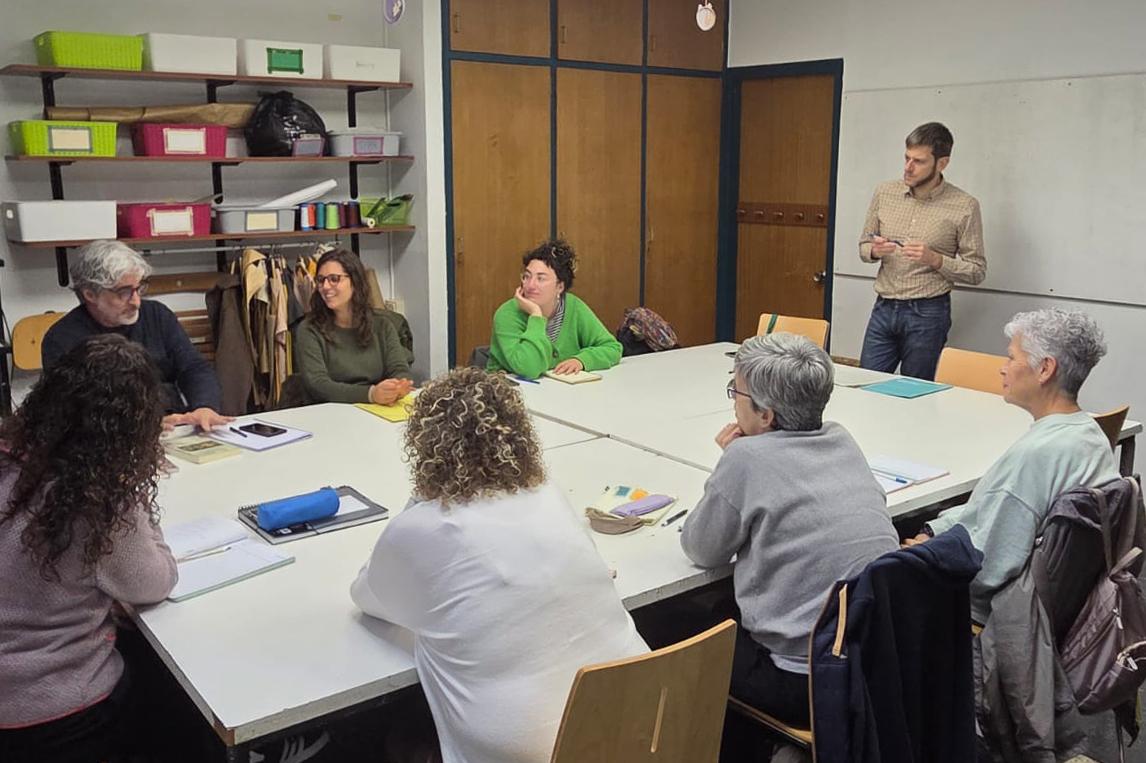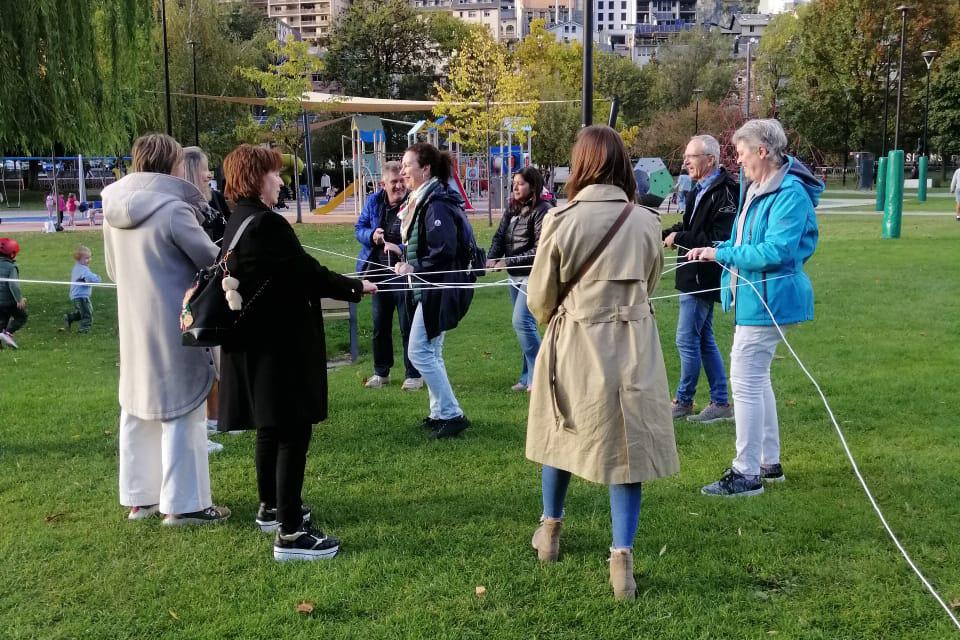Presentations of archivistics residents’ projects
Faber Residency | May 13, 2019
Monday, 13 May 2019 , Olot
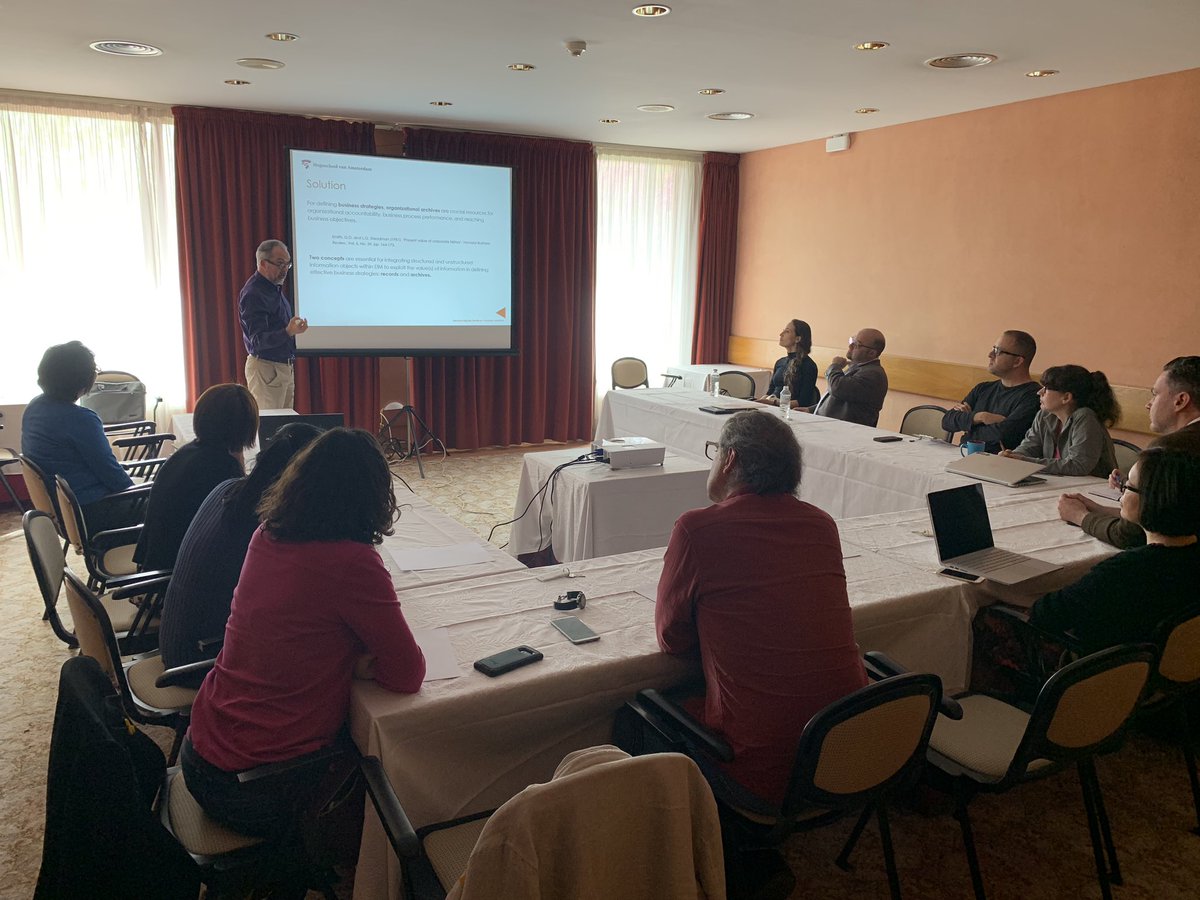
Presentations of archivistics residents’ projects
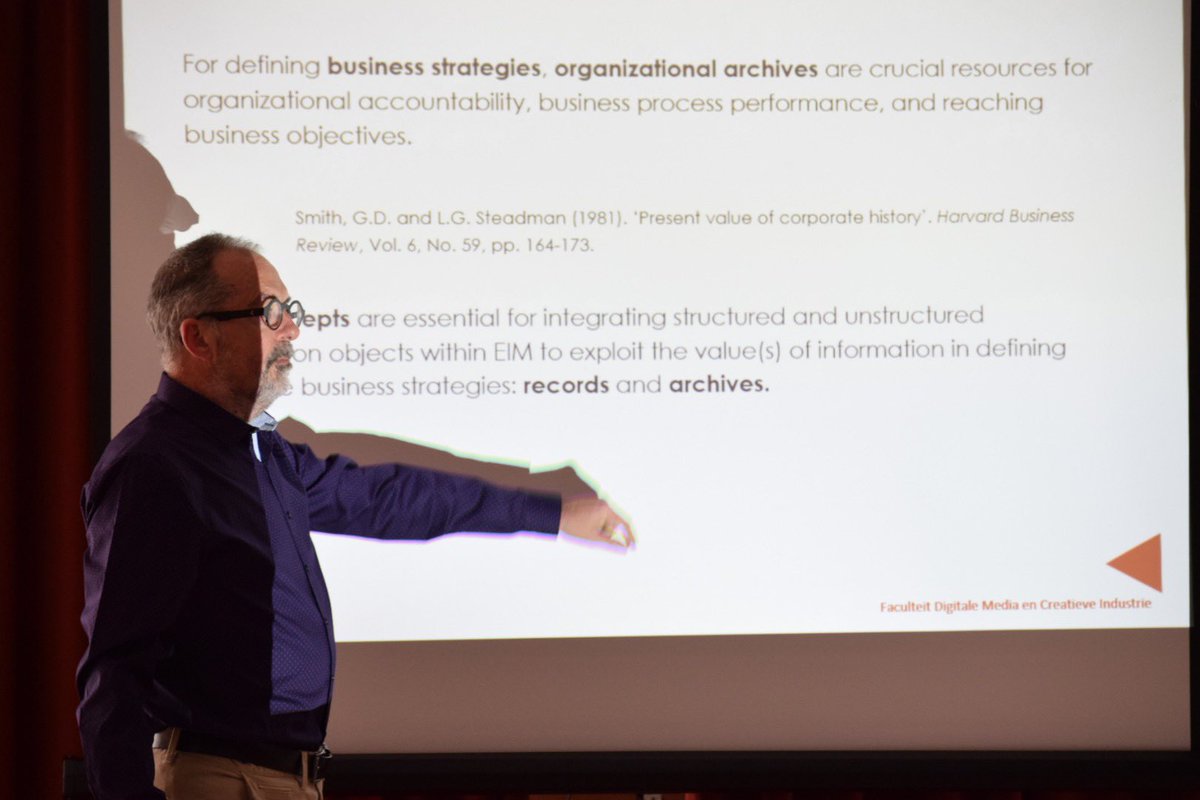
Dennis Kim-Prieto | THE TROUBLE(S) WITH ALGORITHMS
Algorithmic-based search engines are becoming more and more dominant in research-intensive fields. Recent empirical discoveries using search engines from different popular commercially available databases that allow access to materials from across one giant archive (the body of United States law) show that such algorithms complicate search results to a highly surprising degree, and to a degree that often frustrates researchers. My presentation shared these findings with Faber residents, in order to encourage archivists to allow the researchers that they serve to construct their own search algorithms when accessing information, rather than relying upon vendor-supplied algorithms that substitute user input for crowdsourced determinations of relevance, or other problematic features affecting user access to materials.
Huey-Min Chuang | THE BIRTH OF A COMMUNITY ARCHIVE- FUTURE HISTORICAL SOCIETY OF FORT GREENE AND DOWNTOWN BROOKLYN
How to activate local citizens into identifying, creating, sharing, and preserving important stories of places, people, and events, when no official institutions or big budgets are available to carry through with these objectives? Enter the Future Historical Society of Fort Greene and Downtown Brooklyn, a work in progress project that culminated with the launch of the BRIC Open Festival activities with six locations during April 25-28 throughout Brooklyn, New York City, USA. There will also be an upcoming podcast, “Hold the Phone”, but for now you are invited to listen in at: https://futurehistoricalsociety.oncell.com/en/index.html
I am a founding member of this initiative, and I created and delivered a 90-minute workshop with two group activities at the Archivistic Residency at Faber on April 28th, 2019. In a Powerpoint presentation, I spoke to the viability, importance, and replicability of this community archive model for villages, neighborhoods, and communities who are interested in engaging its citizens and preserving forgotten stories and placing anchors to their everyday lives that might be overlooked otherwise. I shared with the audience: the who, what, how, why, and when of our initiative tasks and timelines, and the important lessons that we learned along the way working collaboratively together in achieving our goals.
This all began five months ago among twenty-five strangers with the same passion and dedicated mission of celebrating the voices of places and their people. Every time, before we meet, we completed a task of identifying a person, a location, or an event that is worth highlighting to share with the group. We also gathered over dinners, meetings, workshops, and technical skill learning classes. We came up with emergent strategies and supported each other in our journey.
With the residents at Faber, we ended the session by committing ourselves to encourage preservation of forgotten stories, partaking in the celebration of important events in our gentrifying neighborhoods, highlighting the contributions of marginalized communities, and recording forgotten heritages.
For more information about the Future Historical Society, please visit:
http://www.futurehistoricalsociety.org/
Thiara Alves | ACTORS IN BRAZIL’S PUBLIC INFORMATION ACCESS REGIME
The right to information in Brazil was regulated through Law no. 12527/2011, Law of Access to Information (LAI). The access to public information is ensured in government bodies and entities through the creation of the Citizen Information Service (SIC, from the original Portuguese acronym).
The citizen must be aware of the procedures of the public administration. Since 2013, several government bodies of the Brazilian public administration developed the National Electronic Proceeding (PEN, from the original Portuguese acronym). The PEN is a public infrastructure of electronic administrative proceedings and was consolidated by Decree no. 8539/2015. The main feature of PEN is the Electronic Information System (SEI, from the original Portuguese acronym). SEI is platform with modules and functions for the management of documents and electronic administrative proceedings.
Considering “LAI” and Decree 8539/2015 constituent elements of Brazil´s information access regime, and with emphasis on institutional human resources, the objective of this work was to survey the actors in charge of Brazil`s public information access regime.
In order to do so, this research identified, in 19 federal public universities, who are the public agents involved with the demands of monitoring the LAI, providing the SIC and implementing and monitoring the SEI.
The diagnosis presented was a first step towards a future analysis of the reason why the Archivist, in general, does not hold a strategic place in the public information access regime in universities.
Geert-Jan van Bussel | Deviant Behaviour. What are the effects on Archiving?
The effects of behaviour on information processing in organizations are already known for a very long time in management science, but there is surprisingly very little work done on organizational (or employee) behaviour within information and archival sciences. The presentation started with an introduction about why organizations need records and archives. When properly used, the theoretical frameworks available for records and archives are extremely valuable for organizations to reach organizational objectives (like accountability and performance) and to define business strategies. For that, they have to be aligned with business processes and be integrated within the concept op Enterprise Information Management (EIM). The theoretical framework of the ‘Archive-as-Is’ (as defines by me) was presented and explained. It’s the only theory and model defined in archival science that positions records and archives as business assets, offers a model to integrate these assets within EIM and offers a configuration model for EIM systems. Within the framework, organizational behaviour is an important component. Although the effects on behaviour are essential, we do not really know what they are. My project within Faber was to study those effects and I used the presentation as a moment to discuss the effects of behaviour on information processing and archiving. Although I could not present a solution (if there ever will be one!), there were a lot of interesting suggestions for me. There was also recognition of the fact that behaviour is a defining element in working with records and archives and that archivists and records managers should acknowledge behaviour could have a negative influence on the authenticity and trustworthiness of records.


